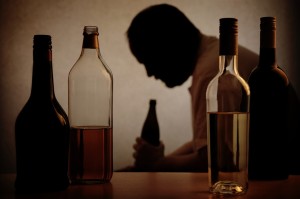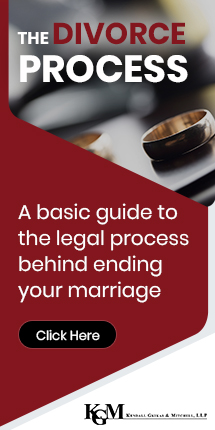
California divorce
California is a “no-fault divorce” state, which means that you don’t have to provide a reason for wanting a divorce. Even if one spouse’s self-destructive habits caused the breakup of the marriage, the law does not assign blame. But even though community property is generally divided equally, there may be good reasons for dividing property in a way other than straight down the middle. For example, if you can show how your ex drained your resources in order to pay for their addiction, you might be awarded a larger share of the marital assets that are left.
Child custody and safety
If one spouse has an alcohol or drug addiction, that can be an important factor in how child custody is decided. California courts are required to focus on what is in the best interest of the child, to ensure that the child is safe and provided for.
Unless the parent has caused harm to the child in the past, the court is unlikely to completely deprive the addicted parent of all custody and visitation rights. But there is a wide spectrum of options that the court may find appropriate for the situation. The court might generally allow parenting time but prohibit overnight visits, or it could require all visitation to be supervised. The court might also order that the parent enroll in a treatment program, or be subjected to random testing.
When a parent shows up for visitation intoxicated
Parents may be required by the custody agreement to refrain from drinking or taking drugs prior to and during the time that they will be with their children. But what happens when a parent violates the order? Can you prevent the parent from seeing the child while intoxicated?
As always, the number one priority in co-parenting is: what is in the best interest of the child? Keeping your child safe from harm is more important than anything else. If the other parent shows up intoxicated, you can refuse to allow the child to go with them if you are concerned for their safety. Even if the parent will not be driving, you might still be concerned that their impaired judgment could put the child in harm’s way. Be sure to keep track of the dates that situations like this occur, and keep your divorce or custody attorney informed.
Do you have questions?
If you are facing a situation where alcohol or drug addiction is affecting your ex’s ability to be a good mom or dad, come talk to an experienced Southern California family law attorney at Kendall Gkikas & Mitchell, LLP. Call 909-482-1422 or email info@parents4children.com today to make an appointment and find out how you can help your family stay safe.


